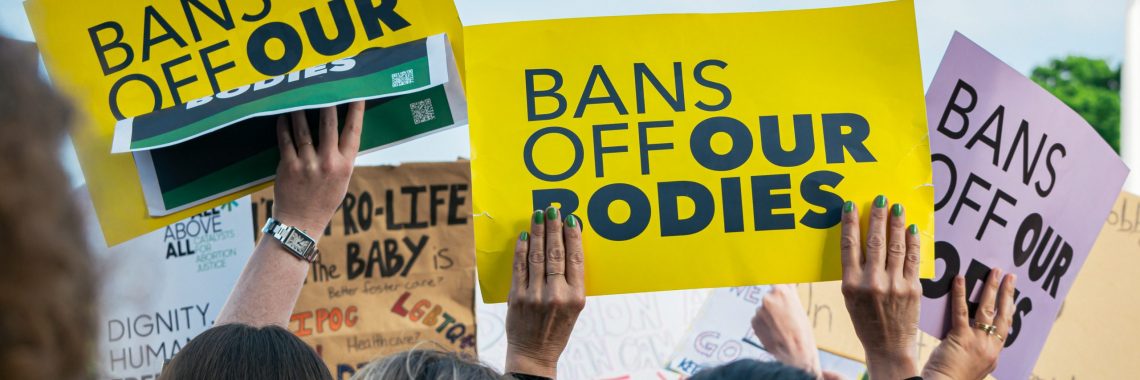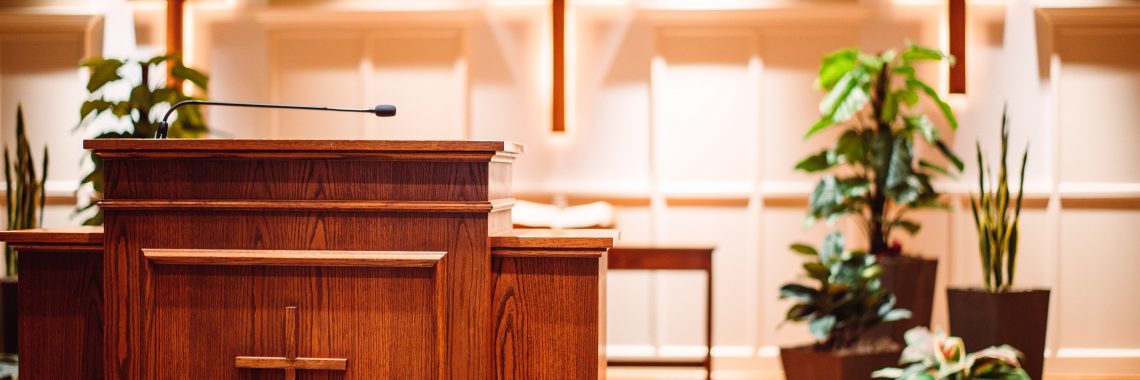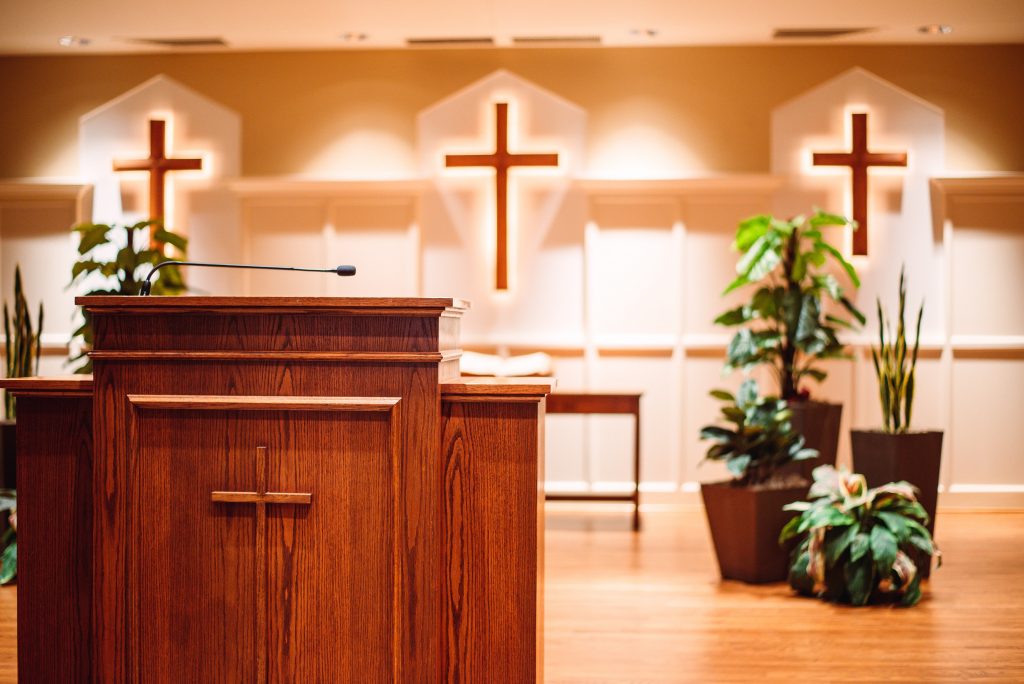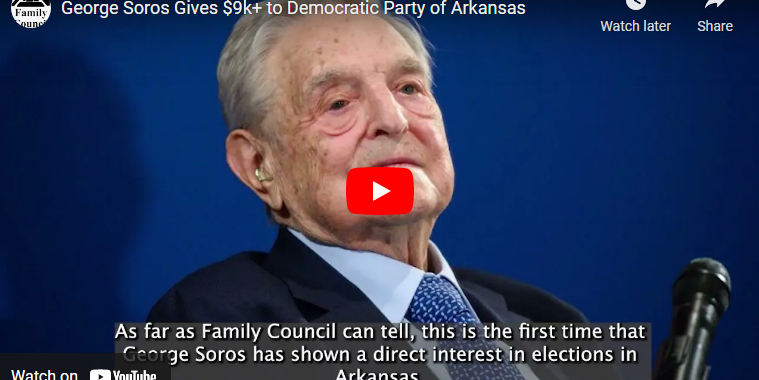Planned Parenthood Endorses 21 Candidates in Arkansas
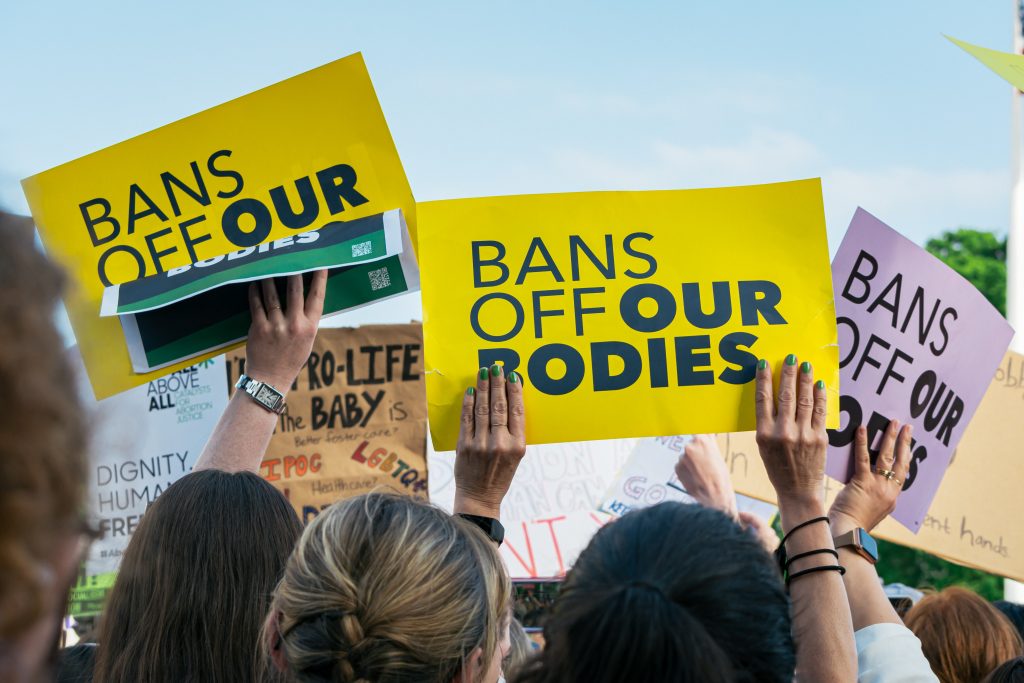
Planned Parenthood has endorsed 21 candidates in Arkansas ahead of the November 8, 2022, election.
Planned Parenthood is the nation’s largest abortion provider and a major proponent of transgender ideology. Planned Parenthood Great Plains Votes is the political arm for Planned Parenthood’s affiliate in Arkansas, Oklahoma, Missouri, and Kansas.
According to a statement on its website, Planned Parenthood Great Plains Votes has endorsed the following 21 candidates in Arkansas:
- Chris Jones (D) for Governor
- Kelly Krout (D) for Lt. Governor
- Frank Scott, Jr. (D) for Little Rock City Mayor
- Garry Smith (D) for Senate District 2
- Cortney Warwick McKee (D) for Senate District 6
- David Barber (D) for Senate District 17
- Nick Cartwright (D) for Senate District 18
- Jim Wallace (D) for Senate District 28
- Greg Leding (D) for Senate District 30
- Lisa Parks (D) for Senate District 31
- Markeeta Tucker (D) for House District 6
- David Whitaker (D) for House District 22
- Denise Garner (D) for House District 20
- Nicole Clowney (D) for House District 21
- Tippi McCullough (D) for House District 33
- Milton Nicks, Jr. (D) for House District 35
- Jay Richardson (D) for House District 49
- Bruce Martin (D) for House District 61
- Judson Scanlon (D) for House District 70
- John J. Pack (D) for House District 71
- Denise Ennett (D) for House District 80
Early voting in Arkansas begins Monday, October 24.
According to the most recent reports filed with the Secretary of State’s office, Planned Parenthood has been largely inactive in Arkansas’ political races this year.
As far as Family Council knows, the only 2022 political contribution Planned Parenthood’s PAC has made in Arkansas was $2,900 to Lisa Parks (D – Springdale) on January 31 in support of her campaign.
Planned Parenthood’s political action committee reportedly has a little over $12,000 that it could spend influencing elections in Arkansas this year.

